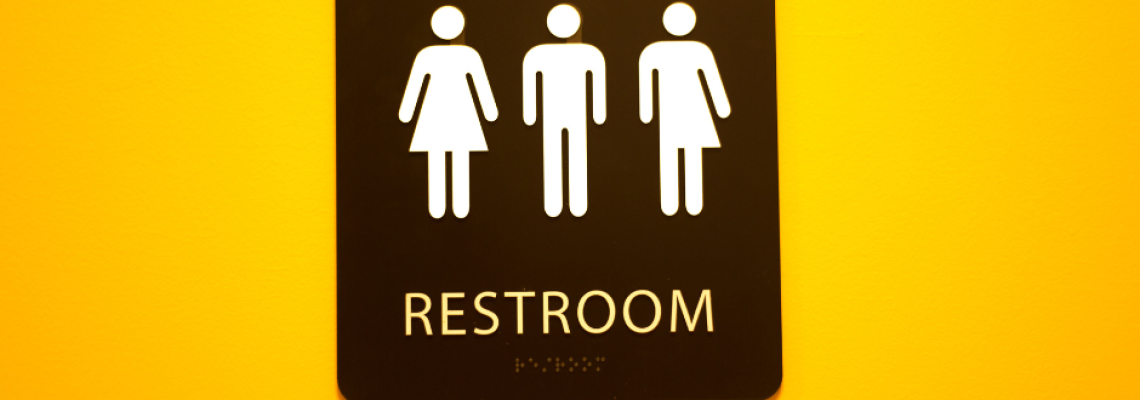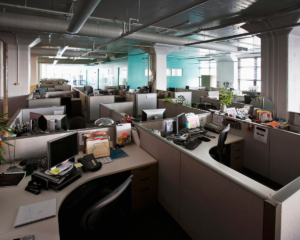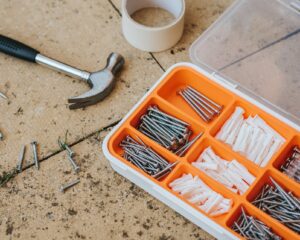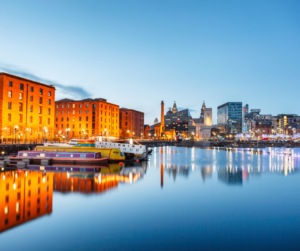As businesses continue to evolve, one of the debates that has been prominent in recent years is the topic of gender neutral toilets. For decades, the traditional male and female designated washrooms have been the social norm for public and private spaces worldwide.
However, this has lately been challenged, and many organisations have implemented unisex facilities to promote the core values of diversity and inclusivity.
According to data from the TaxPayers’ Alliance (TPA), NHS hospitals have spent more than £800,000 on 740 unisex toilets since 2018, whereas Network Rail has already begun work on new gender-neutral bathroom facilities at Waterloo train station.
Creating gender neutral washrooms ensures that employees of all identities and sexual orientations feel comfortable and respected. For this reason, it’s important to understand the pros and cons, and what organisations should take into account when designing gender neutral toilets in the workplace.
The Pros and Cons of Gender Neutral Toilets
One of the main benefits of designing gender neutral toilets is that it allows transgender people, or those who don’t identify as either male or female, to use the restroom without fear of judgement or discrimination.
They eliminate long wait times when separate gendered washrooms are used, especially for women’s toilets which are often overcrowded – making them more efficient and cost-effective.
Installing a unisex restroom also enables parents to feel at ease accompanying children of the opposite sex, providing a safer and more convenient environment for families, without worries about entering a single-sex bathroom, or alternatively leaving their child unsupervised.
However, there are also some potential drawbacks associated with gender neutral bathrooms. While most people are open-minded and respectful, there is always the concern that sexual harassment and assault could occur.
As a result, a few individuals may feel uncomfortable sharing a restroom with people who identify differently than them, whereas the fear of discriminatory abuse can be very real for those who are judged or harassed based on whether they ‘pass’ as one gender or not.
Furthermore, there may be religious objections to gender-neutral toilets, particularly in cultures where modesty is valued. In such cases, it may be necessary to provide alternative washrooms so that everyone has access to basic necessities like restrooms.
Washroom Fit Out Tips for Designing Gender Neutral Toilets
When designing gender neutral toilets, it’s essential to consider factors such as:
Key Stakeholders
Before you begin fitting out washrooms with gender-neutral features, make sure you consult with key stakeholders. Include feedback from employees, particularly those who identify as LGBTQ+ and people who may have specific cultural or religious requirements to ensure that everyone’s needs are met.
Clear Signage
Once you have consulted with key stakeholders and decided how best to fit out new washrooms, it’s important to clearly mark each according to its designated use (all-gender/male/female) with inclusive language and symbols to avoid any confusion and doubt.
Sanitary Facilities
Install sanitary facilities, such as bins for the disposal of menstrual products, soap dispensers, paper towel holders and waste bins to maintain hygiene standards and prevent cross contamination, so that all users have everything they need when using the restroom area.
Modesty features for Urinals
The provision of modesty features for urinals is another important consideration. Designs with partitions or enclosed urinal stalls will make patrons feel more secure when using these facilities.
By taking these tips into account when designing gender neutral toilets in the workplace, employers can make a significant difference in the lives of employees and customers, regardless of their gender identity or expression.
Get In Touch
So if you’re looking for ways to become more inclusive at work, then investing in gender neutral toilets could be a great way forward!
As a principal building contractor in the UK, Hebs Group is committed to making businesses more diverse and inclusive. With our skilled project delivery teams at your service, working closely with you to provide tailored retail, leisure and commercial fit out solutions that meet your unique needs.
For more information, call 0151 2360707 or send a message to info@hebsgroup.co.uk.







